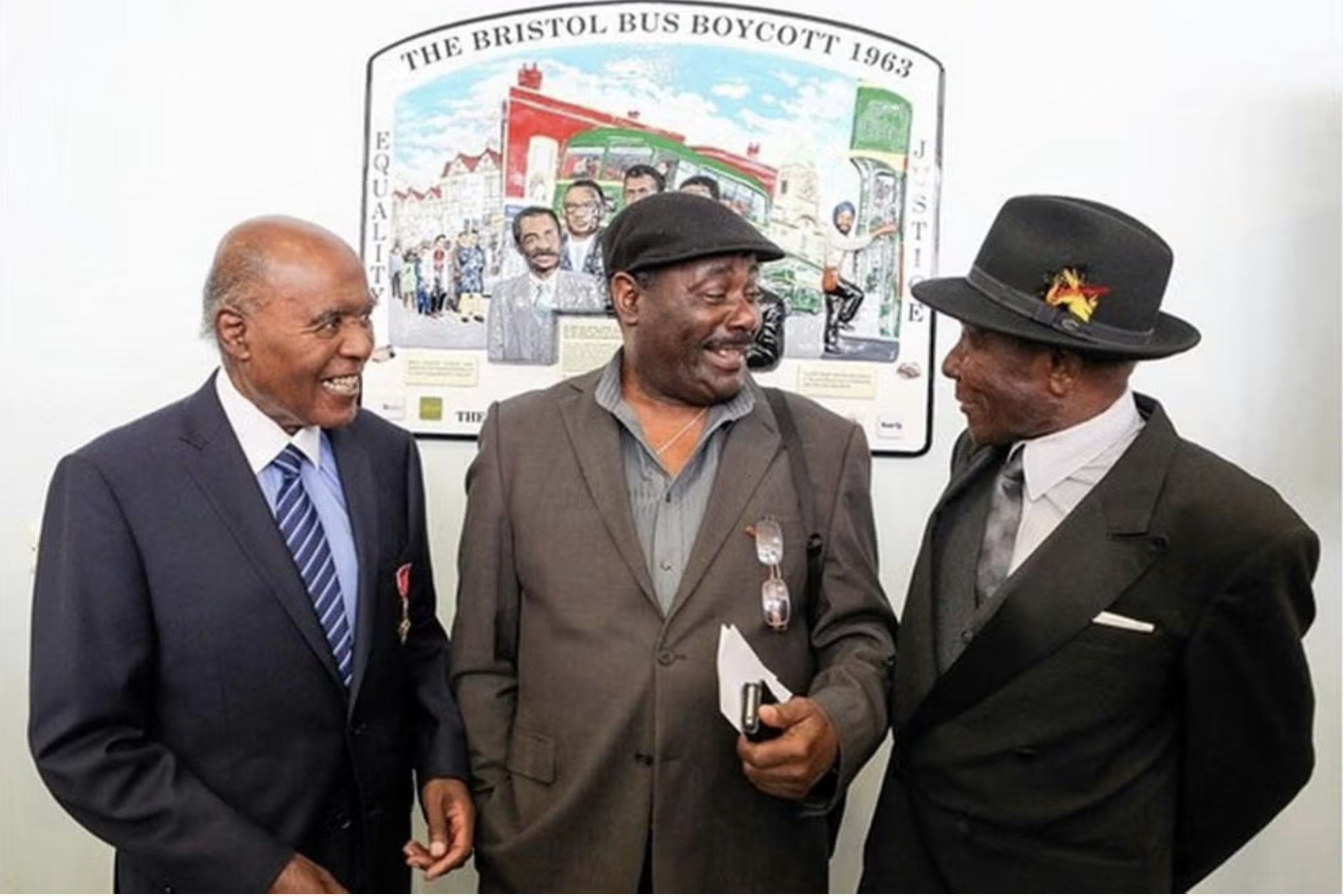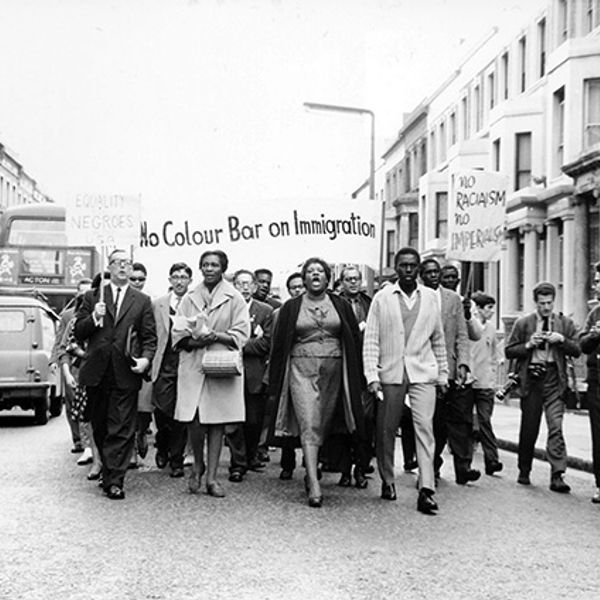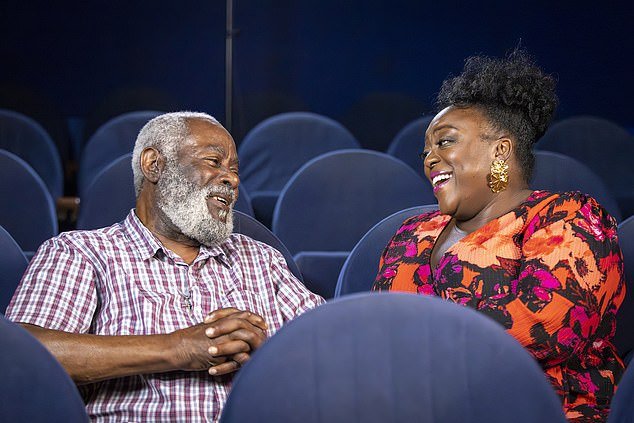Keeping Stories Alive: Bristol Boycott
The Bristol Boycott of 1963 had a knock on effect on legislations surrounding race in Britain at the time, with many claiming that it impacted the success of The Race Relations Act of 1965 and 1968.
As touched upon in our previous Keeping Stories Alive blog, racism was rife towards black people upon their arrival to the nation. With many experiencing discrimination surrounding the issue of housing and employment. One example of this was the Bristol Omnibus Company’s refusal to employ Black or Asian staff. The manager at the time, Ian Patey, had said staff did not want to work with ‘coloured labour’ and felt it was unsuitable for white women to work with Black male drivers.
In response an action group (later known as the West Indian Development Council) was created by Roy Hackett, Owen Henry, Audley Evans and Prince Brown with Paul Stephenson as their spokesperson. Stephenson created a test to prove the existence of the colour bar with the help of Guy Bailey, where they set up an interview for Bailey and then later revealed to the potential employers that Bailey was of Caribbean heritage. This led to the termination of the interview. Following, the action group decided to rally the community together to host a bus boycott. Starting in April 1963 the boycott ended on August 27th, with the Omnibus company announcing the end to the colour bar the next day.
Guy later decided against becoming a bus driver and rather trained as a social worker and formed Bristol’s first housing association for Black people alongside the Bristol West Indies Cricket Club.
Recently you may have seen that Guy Bailey was invited to the screening of the upcoming ITV documentary about the boycott. Sat with Jamaican-British Comedian Judi Love they watched a clip of some of the racist comments people had regarding not wanting to work with “coloured” people, upon which Bailey said “I shed tears inside. It’s hard to live with.”
In the early 60s, Bristol had around 3000 people of Caribbean heritage residing in the city. There are thousands of stories from Caribbean, African and Asian communities about moments and movements of resistance against discrimination that occurred in the towns and cities we call home. And much like Bailey, although we’ve not just lived but progressed through these moments it doesn't take away from the hurt of recalling such memories or being reminded that these views still exist even if it’s in whispers.
The Keeping Stories Alive blog is a reflective space to celebrate pioneers and most importantly learn from their stories, in order to know how to apply these actions to our current situations. What is it about this story that sits so deeply with us? I think it’s the power of collective action in the midst of adversity, it’s so easy to feel hopeless but the feeling of hope can only be restored via other people, simply by showing up. I also mentioned Guy and Judi’s tears because sometimes we read these stories and go “that’s amazing” without fully sitting with the fact that this is someones lived experience, and also to remind us that tears are a part of our humanity, that if you’re feeling challenged by something personally or what’s occurring in our world currently, to yes try collective action but try collective transparency including tears also.
So here is a huge thank you to the people of the Bristol Bus Boycott, and to the thousand of other stories and small acts of resistance that we may not know about that have changed a life.



